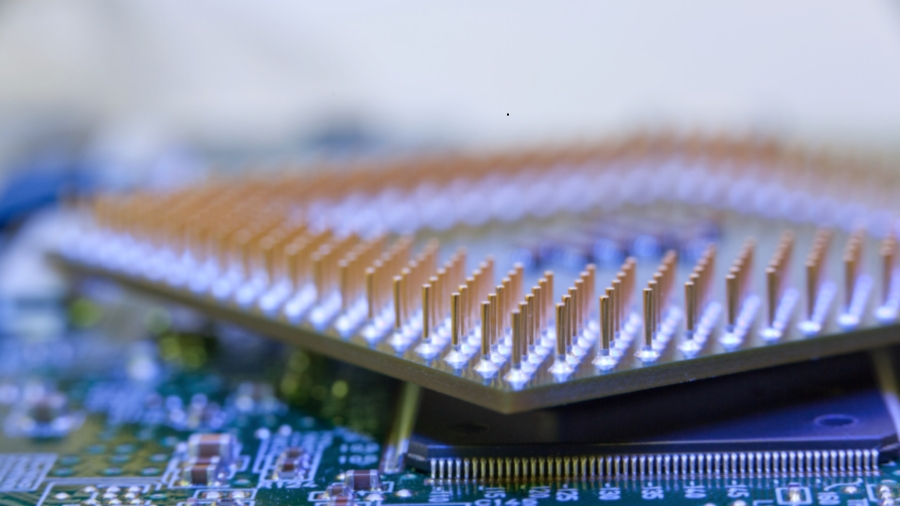Accelerating supercomputing power
Who will win the processor battle?

In the supercomputing world there are lots of clever people trying to make software applications work faster and faster – to help researchers and engineers solve problems more quickly. It's been common practice for many years to 'throw' more CPUs at a computing challenge when results are needed quicker.
Recently however, the supercomputing world has been looking for alternatives to adding more CPUs. "Accelerating" supercomputer application performance has seen the introduction of products from the likes of ClearSpeed, IBM's CELL Broadband Engine and FPGAs.
Sadly, these tools were incredibly difficult to programme, expensive, limited in scope; and quite frankly, one needed a computer science degree to work with them! As a result, almost all of these options have since fallen by the wayside.
Another alternative, the GPU, has made an impact and is doing very well. Right now, GPUs have sole dominance over the accelerators market. Growth of GPUs has been mainly driven by NVIDIA, although AMD has been clearly innovating in the area.
GPUs are not a clear-cut option though - working with GPUs can be tricky [more so than working with CPUs]. It needs modern software code to port to GPUs, plus some spare time and money.
Most recently, one of the most exciting developments is the arrival of Intel's Xeon Phi processor. It seems easier to programme [developers can use existing coding skills and knowledge]; it's largely the same as programming a processor that most people have on their desktops.
Is it the beginning of sea change? Well, I still think people have just been dipping their toes in the water with accelerators.
Are you a pro? Subscribe to our newsletter
Sign up to the TechRadar Pro newsletter to get all the top news, opinion, features and guidance your business needs to succeed!
I think what's most likely in the future is that if a customer has little financial resource for application coding, time or energy, or if the code is very old [often the case in academia] customers will continue to buy a traditional CPU based supercomputer.
If, however, customers' applications are suitable for parallelisation and they have the time, energy, skills and a suitable application, then a GPU accelerator is the right route.
However, Phi adds to the mix a middle ground – an accelerator that doesn't require quite as many new skills, but with all the benefits of a GPU. Customers always need choice and flexibility; different MPUs will suit different customers, but watch this space, because I think Phi is going to make an impact quickly.
- Julian Fielden is managing director of OCF plc, providers of HPC, data management, data storage and data analytics. Drawing on twenty-years of business and accounting experience, Julian is responsible for the strategic direction of the business and its day-to-day operations.